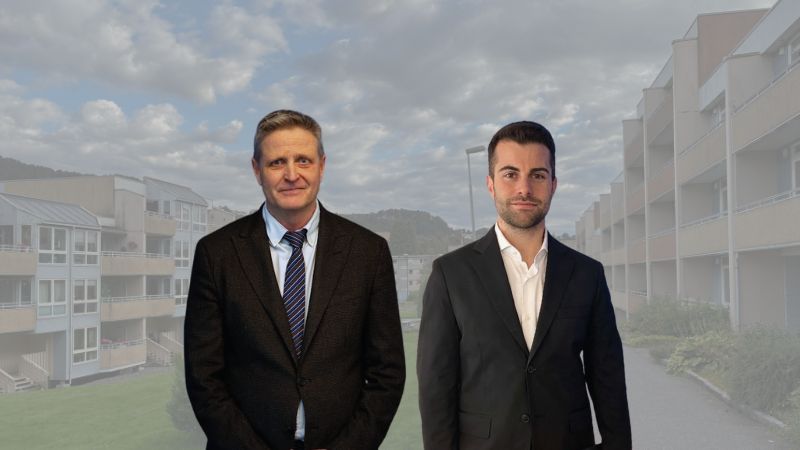

Editorial by Klaus Heeger, CESI Secretary General
Dear members, partners and friends,
The European Commission’s 2026 Work Programme, presented under the title “Europe’s Independence Moment,” wants to achieve digital sovereignty for Europe.
Several priorities are relevant to the world of work: the Quality Jobs Roadmap, the AI Act, skills mobility and an education package. Together, these initiatives aim not only to strengthen Europe’s capacity to innovate, but also to empower its people to thrive in a digital economy.
For those of us engaged in social dialogue, this moment carries both opportunity and responsibility. Technological independence will remain incomplete without the ability of workers and their representatives to understand, question, and co-shape the digital tools that increasingly mediate our professional lives.
Recent experiences have shown how this can be achieved in practice.
As a mentor in the Reshaping Work Fellowship, I had the privilege of engaging with young professionals examining AI’s ethical and economic implications. Their questions echoed those we hear in workplaces across Europe: How do we reconcile efficiency with fairness, data with dignity?
At the SEISMEC General Assembly in Thessaloniki, these debates took on a concrete form. In the frame of this ambitious Horizon project, researchers, companies, and social partners, including CESI, are jointly developing ways to evaluate AI tools through human-centric criteria — transparency, explainability, and participation. CESI’s role in this project is to ensure that the workers’ perspective is integrated into these metrics from the very beginning.
The same logic underpins the UNESCO–Oxford MOOC on AI in Government, an ambitious global initiative promoting competence, accountability, and inclusion in public-sector AI. The connection to Europe’s own agenda is clear: technology can only strengthen democracy when the people using it truly understand it.
The Commission’s new Work Programme rightly emphasises digital sovereignty - but sovereignty begins with literacy and trust.
AI will only enhance productivity and resilience if it is rooted in a culture of participation. Trade unions, employers, and public institutions all share a responsibility to ensure that no one becomes a bystander in this transformation.
Europe’s “Independence Moment” is therefore not only about technological capacity, but also about social capability - the skills, rights, and confidence that make progress both fair and sustainable.
With kindest regards,
Klaus Heeger

Image Gallery
Digital sovereignty and people’s abilities
Related videos
Similar Posts


Building future-ready civil protection workplaces in Athens
At CESI’s eQualPRO event in Athens, stakeholders exchanged on how digitalisation and artificial intelligence are transforming civil protection services and how social dialogue can help ensure fair, inclusive and future-ready workplaces.


EU Quality Jobs Act must bring tangible improvements for workers
As the European Commission consults on the scope and direction of a new EU Quality Jobs Act, CESI stresses that new measures must bring tangible improvements for workers in Europe, reconciling decent jobs with boosted competitiveness of firms.
Get in touch
with us
Confédération Européenne des Syndicats Indépendants (CESI)
Contact form
Stay up to date
Don’t miss a thing and subscribe to our newsletter
Subscribe now and receive newsletters and much more!


